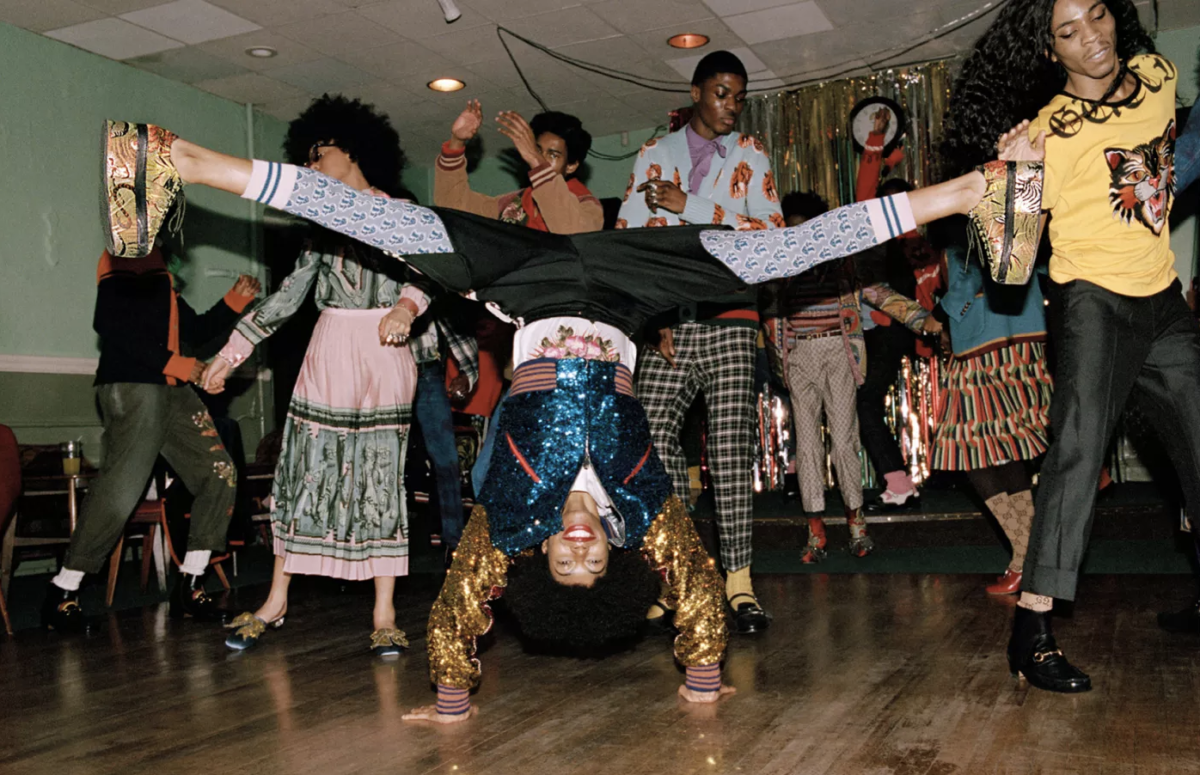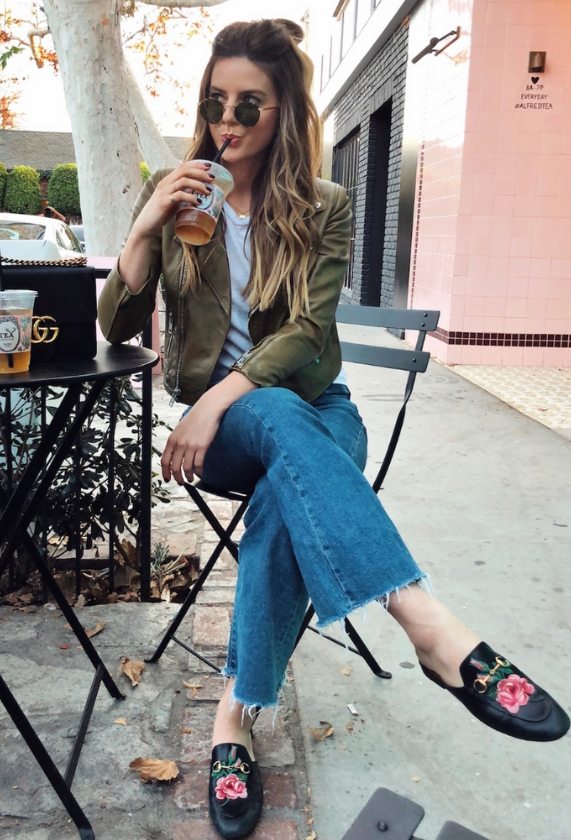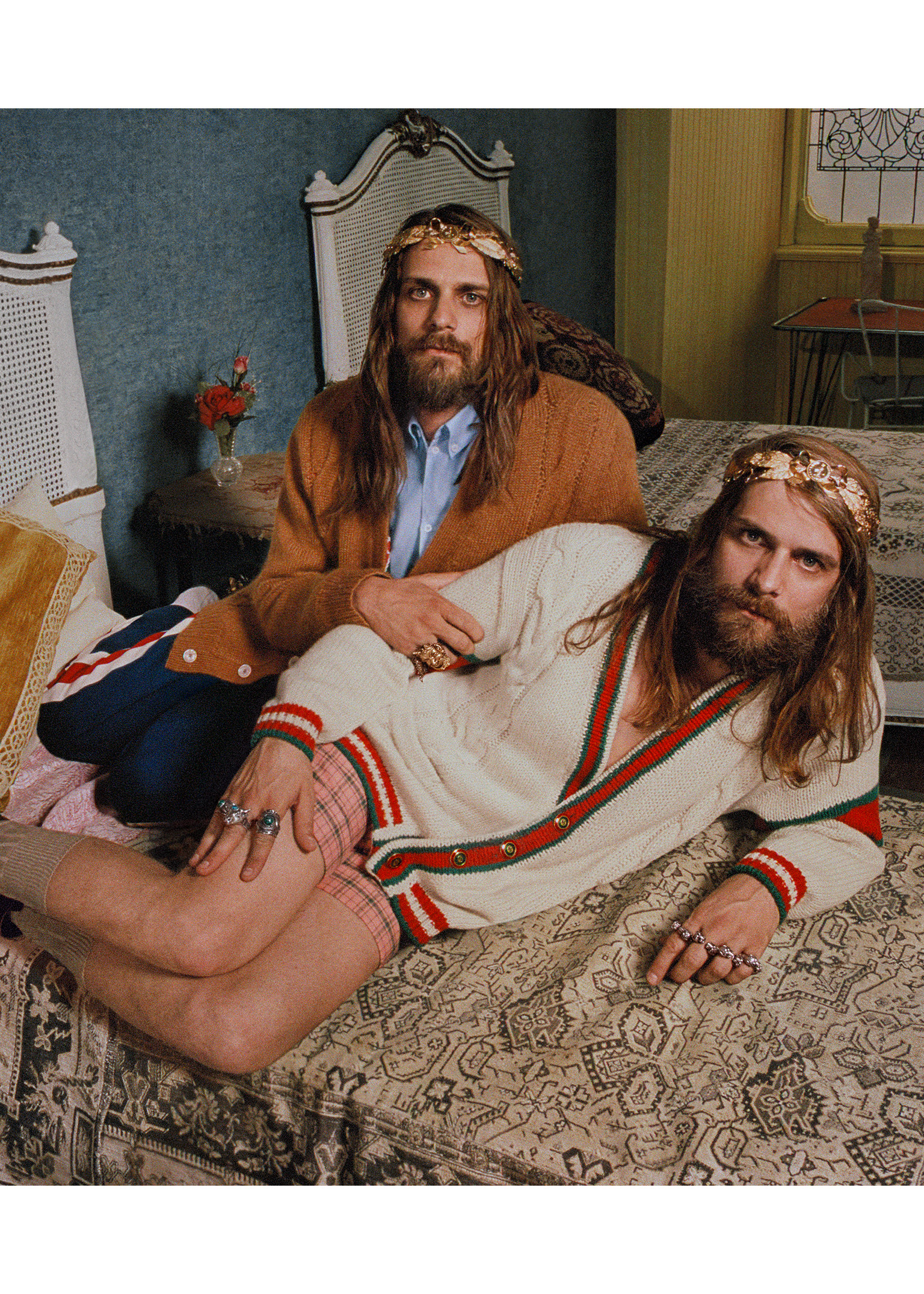Gucci did the unusual – they sold to a market that isn’t generally attainable to most luxury fashion brands. The fashion house is popular among younger markets and trends show that this newfound relationship isn’t slowing down anytime soon.

Kering, global luxury group and owner of Gucci, released the annual earnings report for 2018 earlier this month and it proved what we all know; Gucci is the millennials brand! From the whopping €13.7 billion Kering made, €8 billion of it came from Gucci. The report also provided information that proved that millennials made up for sixty-eight percent of Gucci’s sales last year.
Gucci’s success among this market is no fluke though. Through increased efforts with their digital marketing on social media, the brand has been rewarded with a tonne of earned media –meaning all of those influencers’ photos in their Gucci belts and slides and the plethora of unboxing videos that dominate YouTube. I mean, can you even watch a Jeffree Star video without lusting for a Gucci-something?
The brand itself doubled down with their efforts to dominate the social media market through memes and gimmicks in the forms of campaigns. 2015 was realistically the beginning of the “big Gucci change” as they updated their website and social media accounts to reflect the world around them and appeal to a much broader market. With social media being cited as a consumer’s main source for all things high-end and luxury (according to Deloitte), it’s a no brainer that Gucci stepped up their efforts to appeal to this online-obsessed market.
#GucciGram was launched on social media and allowed artists to “Gucci-ify” popular artworks. With this project, Gucci recognised that everyone is on the internet, always. Through commissioned pieces and the encouragement of un-commissioned pieces, creative director Alessandro Michele stated that the campaign was “a starting point to tell different stories, which are all united by a great freedom”.
Following on from the success of #GucciGram, Gucci continued on the meme bandwagon and unveiled #TFWGucci (That Feel When Gucci). This new social media campaign was a collaboration between artists commissioned by Michele and popular viral creators from Twitter and Instagram, to turn beautiful imagery that showcased the new Le Marche des Merveilles collection of watches and turn them into memes, with the hope that the digital artefacts would be shared around the digital sphere.
Or Shalom, Fashion Program Manager at Amazon, notes that Gucci CEO, Marco Bizarre, puts in the effort to frequently meet with groups of millennials to discuss how they think the brand should go forward. The brand has a “Millennials Commission” where a group of employees under 30 meets with Bizarre. “The meetings includes discussions about the same issues that are discussed at the regular senior management meetings, as well as discussions about new and different processes in the company,” Bizarre said.
While it came out that millennials value experiences over owning material goods, the surge in popularity of luxury goods for this market hints towards millennials valuing quality items that are going to last, basically, forever. Unlike generations before them, millennials don’t particularly treat the term “luxury” the same. It’s not always about showing off their latest purchase and gaining followers on Instagram with their boujee belongings but more about buying and owning something for self-satisfaction. Sure, celebrities and influencers may have an impact on these purchases, but it isn’t always a “One time I saw Cady Heron wearing army pants and flip flops. So, I bought army pants and flip flops” moment…
Keeping in tune with their most popular market, the brand is now starting to focus more time and effort into relaunching their cosmetics and making them bigger and better than ever. Cosmetics and influencers in the beauty community on social media have been having their time to shine these last couple of years. We went from drugstore makeup only to exclusively spending on high-end products. Up until now, luxury brands have struggled on the cosmetic front – they were (and some still are) developing products that were pricey but didn’t scream the quality that products from companies such as Tarte and Becca promise for a fraction of the price.
The Financial Times claimed that millennials are “the world’s most powerful consumers” and while other luxury brands have struggled to even put a dent in the market, Gucci just seems to be thriving and succeeding day after day.
Let us know what you think of Gucci’s increased presence in the social marketing world in the comments below.











